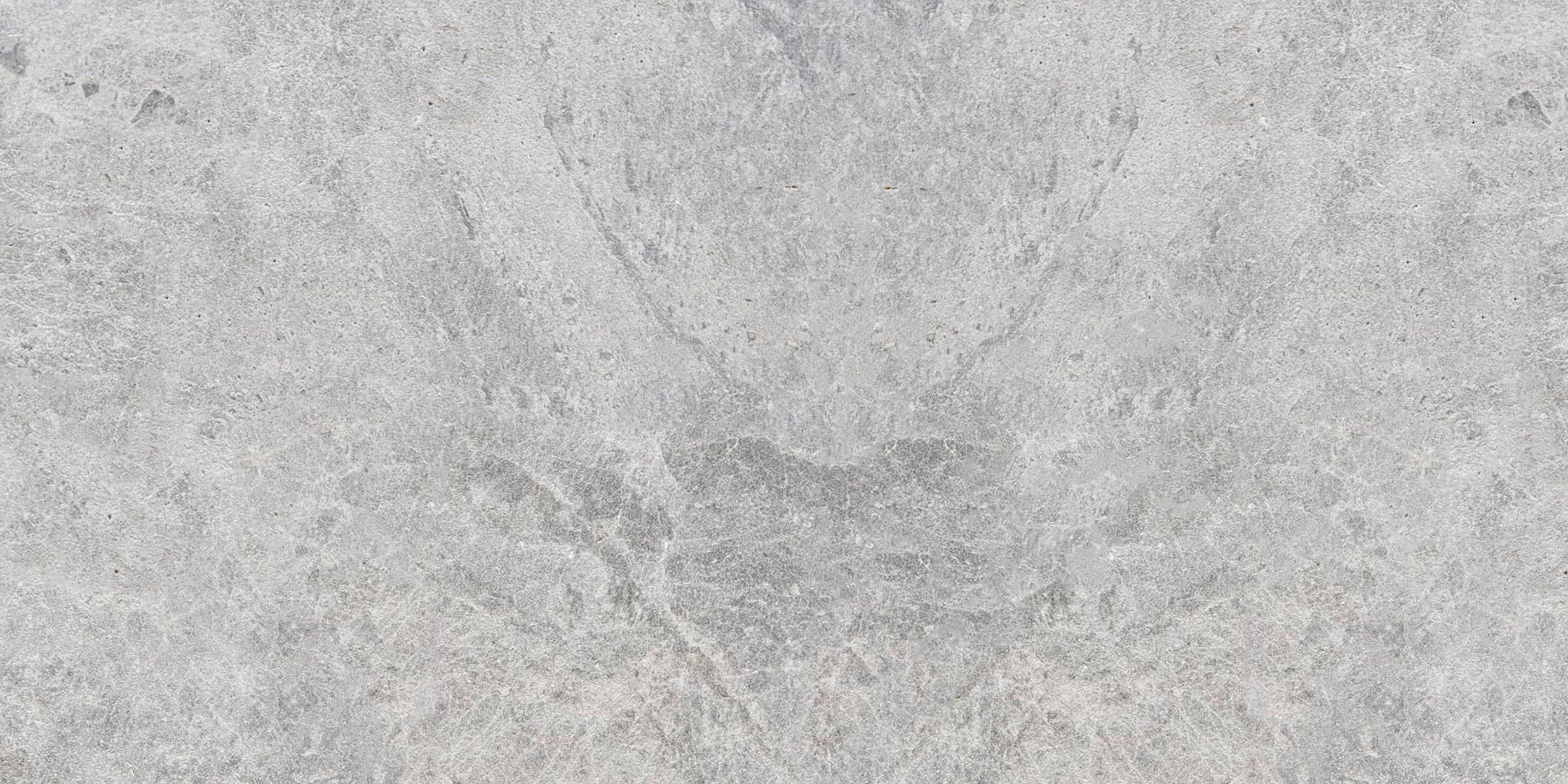How long do patio pavers last? Adding patio pavers to your outdoor space is an excellent investment that enhances the beauty, functionality, and value of your property. But one question that often arises is, how long will they last? The longevity of patio pavers depends on several factors, including the type of material, quality of installation, and maintenance. Here’s a comprehensive look at what you can expect for the lifespan of patio pavers and how to maximize it.
1. Types of Patio Pavers and Their Average Lifespan
Different materials have varying durability levels, so understanding your options can help you choose the best paver for your needs. Here’s a breakdown of the most common types of pavers and their expected lifespan:
-
Concrete Pavers: Known for their versatility and affordability, concrete pavers typically last 25 to 50 years. They are sturdy but may be more susceptible to cracking over time, especially in areas with freeze-thaw cycles. Opting for high-quality concrete pavers and ensuring proper installation can extend their lifespan.
-
Brick Pavers: With proper care, brick pavers can last up to 100 years or more! Made from natural clay, brick is highly durable and retains its classic appearance over time. However, bricks are more prone to chipping or cracking than other materials, and they may need occasional maintenance.
-
Natural Stone Pavers: Stone pavers, including options like granite, sandstone, and limestone, have a lifespan of 50 to 100+ years. These materials are incredibly durable, weather-resistant, and age beautifully. While natural stone is an upfront investment, it pays off over decades with minimal wear and tear.
-
Porcelain Pavers: A relatively new option, porcelain pavers can last 50+ years with minimal maintenance. These pavers are non-porous, stain-resistant, and withstand harsh weather. Though they require careful installation, porcelain is a fantastic choice for durability.
2. Factors Affecting Patio Paver Longevity
Several factors impact the lifespan of patio pavers, including:
-
Climate: Pavers in areas with extreme weather conditions, such as freezing winters, will experience more stress over time. Freeze-thaw cycles can cause pavers to crack, especially if they are not made from durable materials like natural stone or porcelain.
-
Quality of Installation: Proper installation is crucial. A well-prepared base, proper leveling, and edge restraints prevent shifting, settling, and cracking. Hiring experienced professionals or carefully following installation instructions can make a big difference.
-
Maintenance: Regular maintenance, such as cleaning, sealing, and repairing minor damages, can significantly extend the life of your patio pavers. Neglecting maintenance, on the other hand, can reduce their longevity.
-
Usage Level: Patios that experience heavy foot traffic, frequent entertaining, or outdoor furniture may wear down faster. Pavers used for driveways or areas with heavy loads may need a more durable material like natural stone.
3. Maintenance Tips to Extend the Life of Your Patio Pavers
Maintenance is key to ensuring your patio pavers look and perform their best for years to come. Here are some essential maintenance practices:
-
Regular Cleaning: Clean pavers with mild soap and water or a specialized paver cleaner to prevent dirt, stains, and mold buildup.
-
Sealing: Applying a high-quality sealer every 1-3 years helps protect against water damage, stains, and fading. Sealing also helps preserve color and make pavers easier to clean.
-
Repairing Cracks and Chips: Fix any cracks or chips promptly to prevent them from worsening over time. For concrete and brick pavers, you can often replace individual pavers as needed, which is more affordable than a full repair.
-
Weed and Moss Control: Keep the joints between pavers free of weeds and moss by using a weed preventer or simply pulling them out as they appear. This also reduces potential damage to the pavers and keeps the area looking tidy.
-
Addressing Shifting or Settling: If you notice any pavers shifting or sinking, have them reset to avoid uneven surfaces and potential tripping hazards.
4. Signs It’s Time to Replace Your Patio Pavers
While maintenance can extend the life of your pavers, there may come a time when they need to be replaced. Signs it’s time for replacement include:
- Widespread cracking or chipping, especially if it’s affecting many pavers
- Excessive settling or shifting that can’t be fixed with minor repairs
- Major discoloration or fading that sealants can’t restore
- Serious drainage issues that cause water pooling
Conclusion: The Lasting Appeal of Patio Pavers, How long do patio pavers last?
With the right material, quality installation, and consistent maintenance, patio pavers can last decades, providing a beautiful and functional outdoor space. Whether you choose concrete, brick, natural stone, or porcelain, the investment in quality materials and upkeep will pay off with a long-lasting, attractive patio.
By choosing durable pavers and following maintenance best practices, you’ll enjoy a stunning outdoor area for years to come.

